Etsy's AI-Powered Search: Who's Responsible When LLM Results Pose Potential Harm To Consumers?
As Etsy has ramped up efforts using AI to boost search and discovery capabilities, users have noticed an increase in irrelevant results - but what happens when irrelevance turns to potentially harmful with sellers stuck in the middle?
Etsy seller and ecommerce consultant Cindy Baldassi recently shared one concerning example on LinkedIn, showing how faulty AI puts consumers and sellers at risk by showing inaccurate search results.
She related the story of Etsy seller, Marmalady, who received a 1 star review from a buyer who says the lemon drizzle cake they purchased was advertised as vegan even though it has eggs in it.

In responding to the review, Marmalady clarified that the listing includes a full ingredients and allergens list, which does include eggs and milk products, but Etsy's poor search algorithm may nonetheless show non-vegan cakes in explicit searches for vegan products with sellers having no input or ability to control the results.
And a screenshot of search results Baldassi credits to Marmalady shows exactly that: the Lemon Drizzle Cake in question comes up with searching the term vegan cake, along with other items which are not vegan, and if you keep scrolling, you'll likely even find some items which are not even cake.

Etsy refused to remove the review, which is wholly unfair since it would appear any confusion was caused by Etsy, not the seller, and the entire situation was outside of the seller's control.
The item page does not use the word vegan at all, so this isn't a case of seller created keyword confusion, and in fact the listing is quite clear in showing the product contains eggs.
Unfortunately, due to the ways Etsy tries to get buyers to jump straight to checkout with add to cart buttons, quick views, and other functionality in search, it's entirely possible the buyer may not have ever even viewed the full listing page - and even if they did, Etsy often moves descriptions around on the page or even sometimes hides them behind a "click wall" where the buyer may not notice or click through to see full details.
As Baldassi astutely points out, this raises broader questions about marketplace accountability and liability - especially with products where an allergy could cause significant harm or even death to consumers.
It's quite likely that the buyer searched and found the item through this or a similar search, then didn't read the whole listing before purchase. After all, Etsy hides most of the description anyway, depending on what platform you are viewing on; shoppers need to click to read more...
- Shouldn't the marketplace have to take responsibility when it is the reason this product is misrepresented as having no animal products?
- What would happen if the buyer was allergic to eggs or milk? Would Etsy just shrug and say "not our problem"?
- Is it better to show potentially-dangerous items in the wrong searches, or to hide potentially-relevant items that lacked the correct keywords? [Because that is why Etsy shows so many listings that lack the search terms; the goal is to make sure that popular goods are shown whether or not the seller knew the right words to optimize with.]
- If Etsy is doing this, shouldn't they remove the "Add to Cart" button from search results (highlighted with an arrow in my screenshot) in potentially dangerous sets of results? That button allows buyers to purchase without reading a word of the description or the ingredient list.
While the customer has some responsibility to ensure they are buying a safe product, the blame here clearly needs to be shared by the AI-driven algorithm that doesn't know something that lists "egg" and "milk" as ingredients is not vegan, and the company directors who so desperately want to make every last sale that they allow this potentially-dangerous practice to continue, and even make it easier to purchase without reviewing the product details.
Unfortunately, AI-driven algorithms cannot be held liable for consumer harm - but I absolutely agree the companies behind them should be.
The idea of marketplace liability is nothing new of course - since the dawn of the internet and ecommerce, legislators and regulatory agencies across the globe have wrestled with the subject, especially when it comes to sites like Etsy and eBay which historically have leaned on the fact they are "just a venue" for items sold by third party sellers.
While that "just a venue" stance is no longer true for eBay, it hasn't stopped them from forwarding that argument to defend themselves against a lawsuit brought by the US Department of Justice on behalf of the Environmental Protection Agency, seeking to hold the company liable for illegal chemicals, pesticides and emissions control cheat devices sold on the platform.
U.S. District Judge Orelia Merchant agreed with eBay, dismissing the case in a ruling stating that Section 230 of the Communications Decency Act of 1996 protects eBay from liability for items sold by 3rd parties on their site.
The DOJ had filed an intent to appeal that ruling last year, but has since requested and been granted additional time to decide whether or not they will move forward.
Walmart is also pursuing a Section 230 defense trying to duck liability for massive organized retail crime, theft and fraud facilitated through their marketplace in a class action lawsuit filed against the company last year.
The victims of this sophisticated triangulation fraud scheme allege Walmart profits from and fails to prevent the digital shoplifting, saying the company is complicit in the crimes as they knowingly recruit and do not properly vet fraudulent sellers from China and have not taken action to stop the fraud even after it was reported to them.
Corporations have very little incentive to do anything beyond Minimum Viable Compliance box checking exercises when they know they are legally insulated from liability and can afford to keep litigation tied up for years should anyone try to challenge the status quo.
Unfortunately, the current legal and regulatory framework has so far allowed these multi-billion dollar tech giants to avoid accountability for illegal activity on their sites.
Section 230 states:
No provider or user of an interactive computer service shall be treated as the publisher or speaker of any information provided by another information content provider.
But this Etsy AI search example poses an interesting question - can companies be held liable when information does not come from another information content provider but rather from LLMs or other technology the company has put in place between sellers and buyers on their platforms?
Remember - none of the content provided by Marmalady said the cake was vegan, and in fact, that content provided information (in the form of ingredient and allergen lists) which would indicate it is not vegan.
So where did the content implying to consumers that the item was vegan originate? Not from the third party seller but from Etsy's own AI and algorithmic intervention in the user experience.
That sure sounds like Etsy should be considered the publisher of that content, and potentially liable for any resulting consumer harm, and it will be interesting to see if challenges to Section 230 protection for marketplaces are raised along those lines as Congress and the courts continue to grapple with the future of Section 230 this year.
Etsy, eBay, Amazon, Walmart and other marketplaces can of course be expected to fight tooth and nail to preserve Section 230 as a "get out of liability free card."
If they lose, not only could they be subject to massive regulatory fines and product liability lawsuits, but it could also expose just how much of their publicly reported Gross Merchandise Volume/Sales over the years has been built on fraud, counterfeits and other illegal activity, potentially impacting stock prices and leading to shareholder action or SEC investigations as well.
But this is far from a US only issue - in fact Marmalady is located in the UK, which typically has stronger consumer protection regulations that may already apply to Etsy in this situation.
Irish regulators have already raised concerns about the company's compliance with the EU Digital Services act, naming Etsy among other social media platforms, online retailers and tech companies in a review of DSA compliance in September.
And European regulators are also reportedly working on plans to take action against illegal and dangerous products sold on retail marketplaces like Temu, Shein, Amazon and more.
Baldassi concludes: "It's time to add some human curation into these types of situations, and for the company to stand behind shops that are harmed by Etsy mistakes."
I wholeheartedly agree, but unfortunately I believe that is not likely to happen until/unless the legal and regulatory landscape changes to force Etsy and other marketplaces to be accountable for harm to their customers (sellers) and consumer buyers.


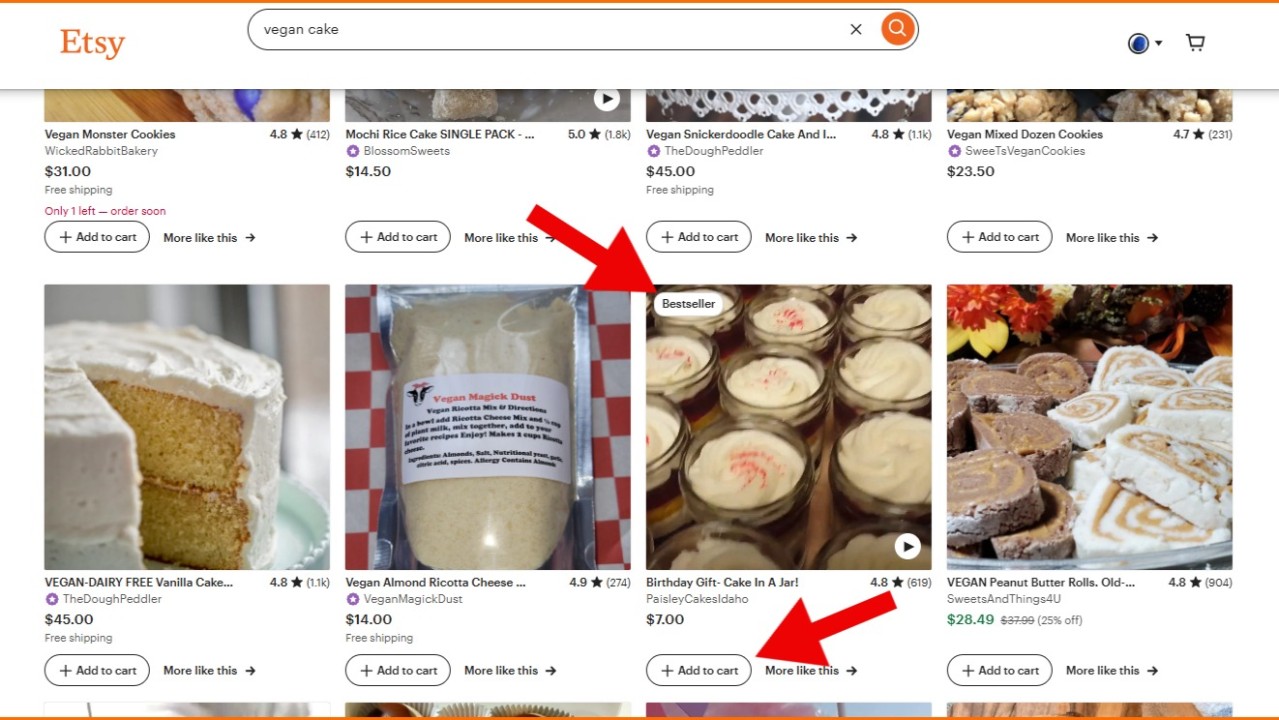

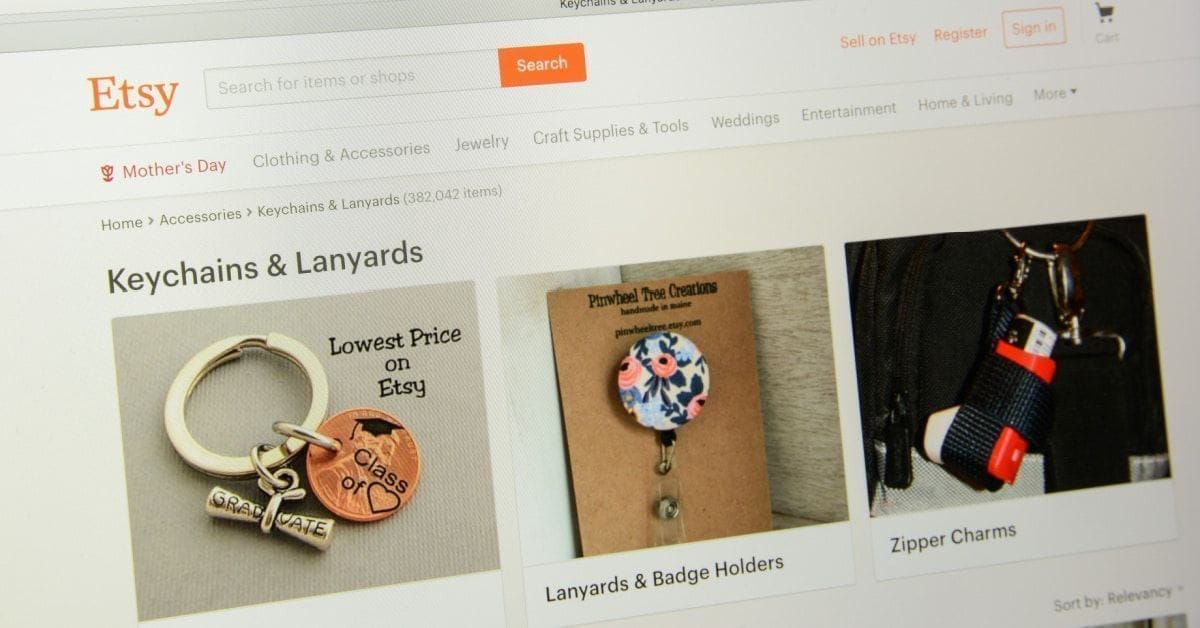

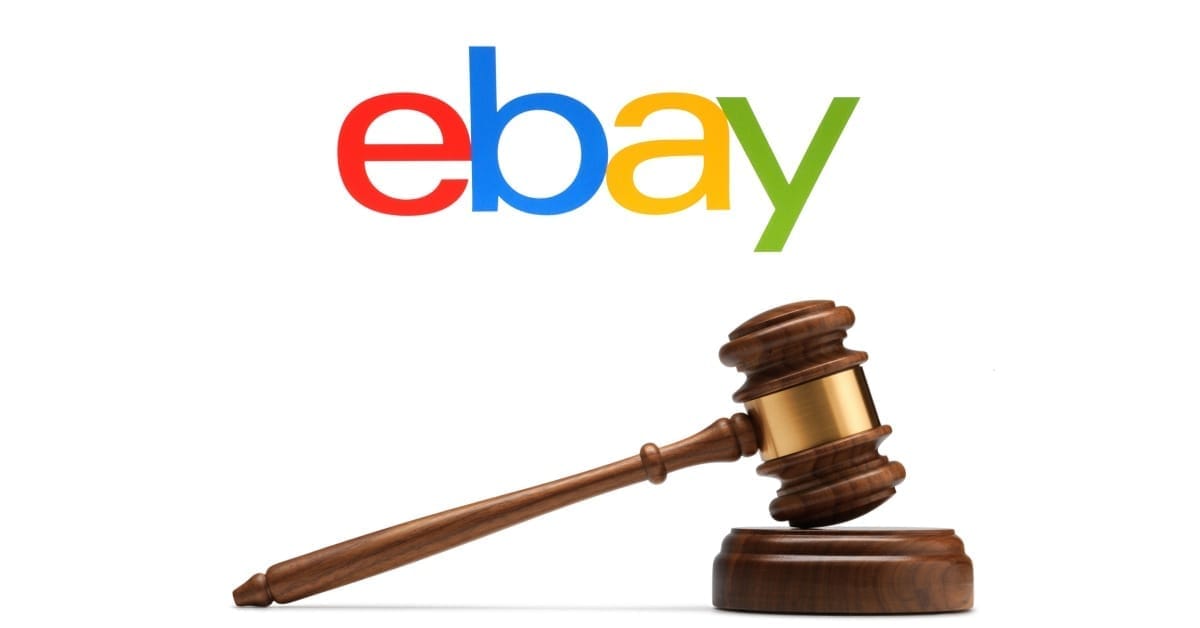

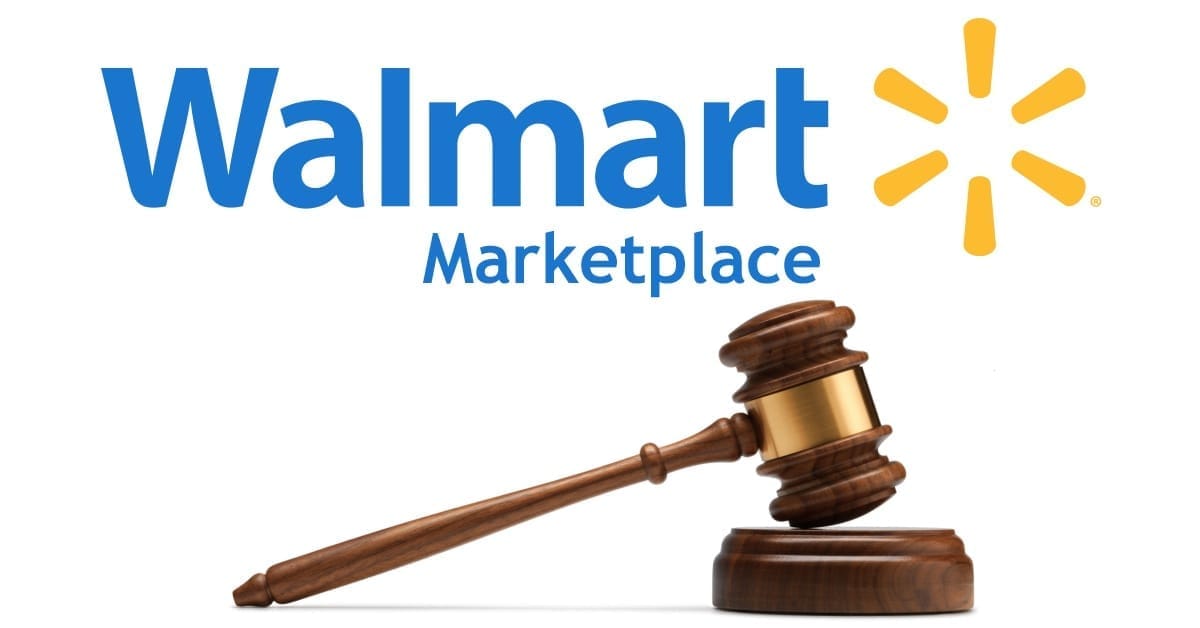

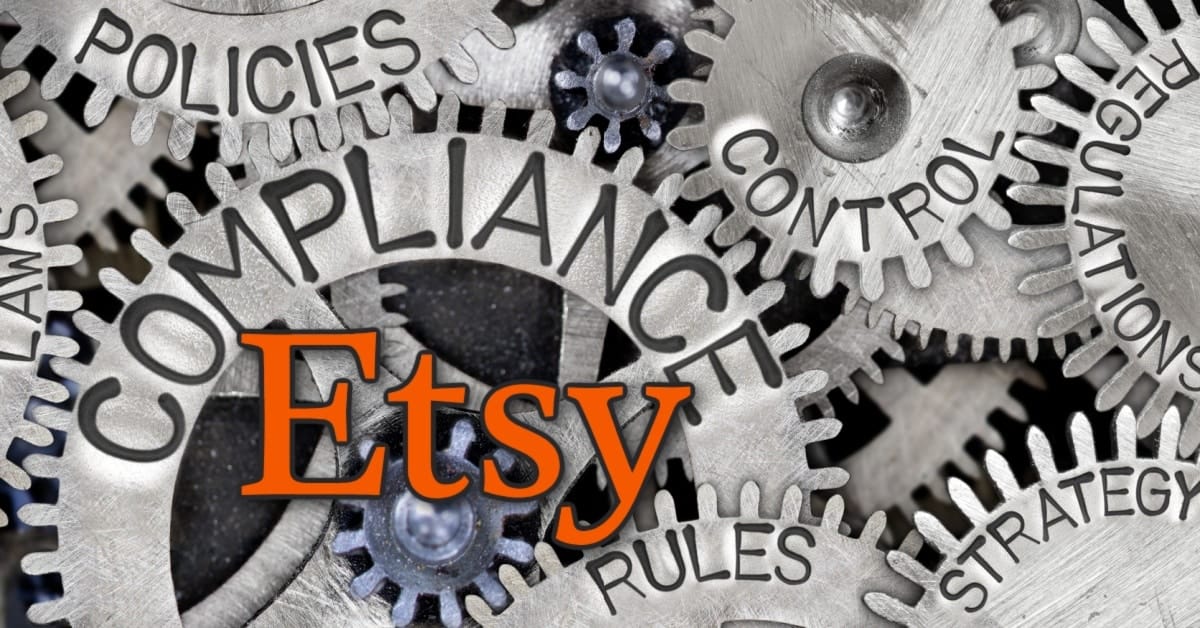

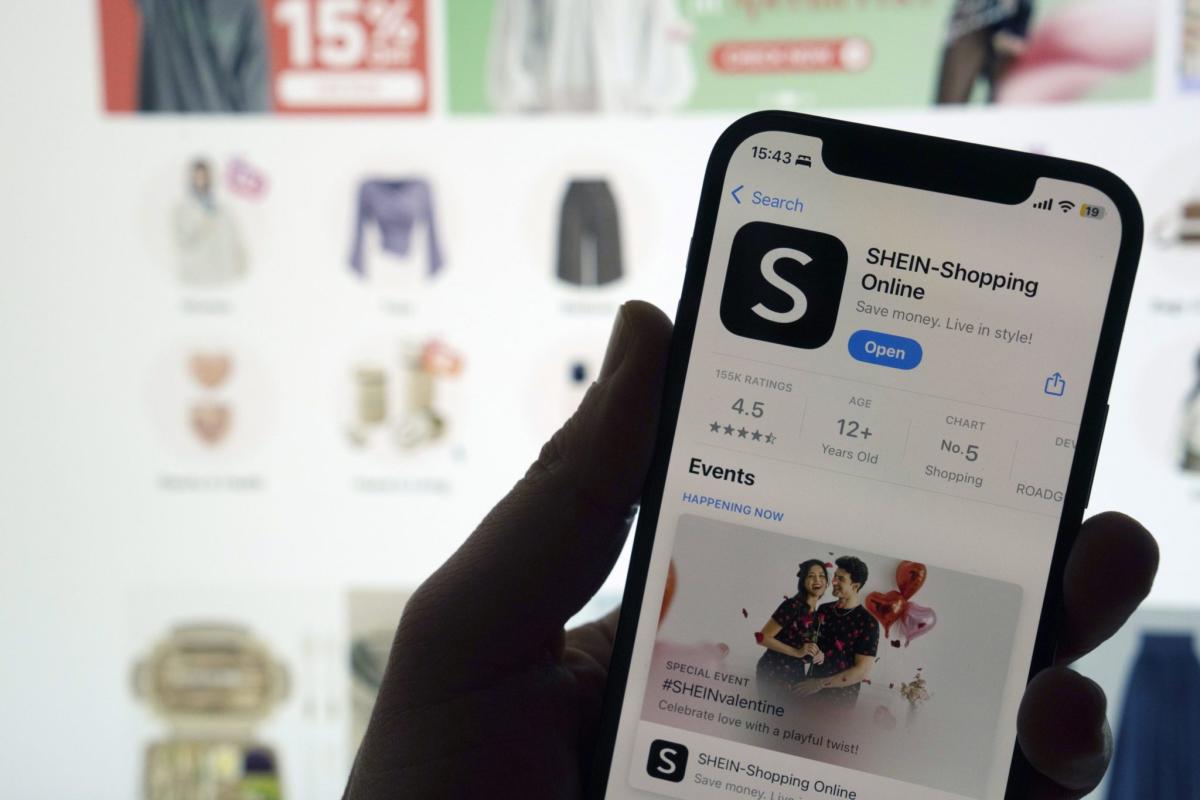

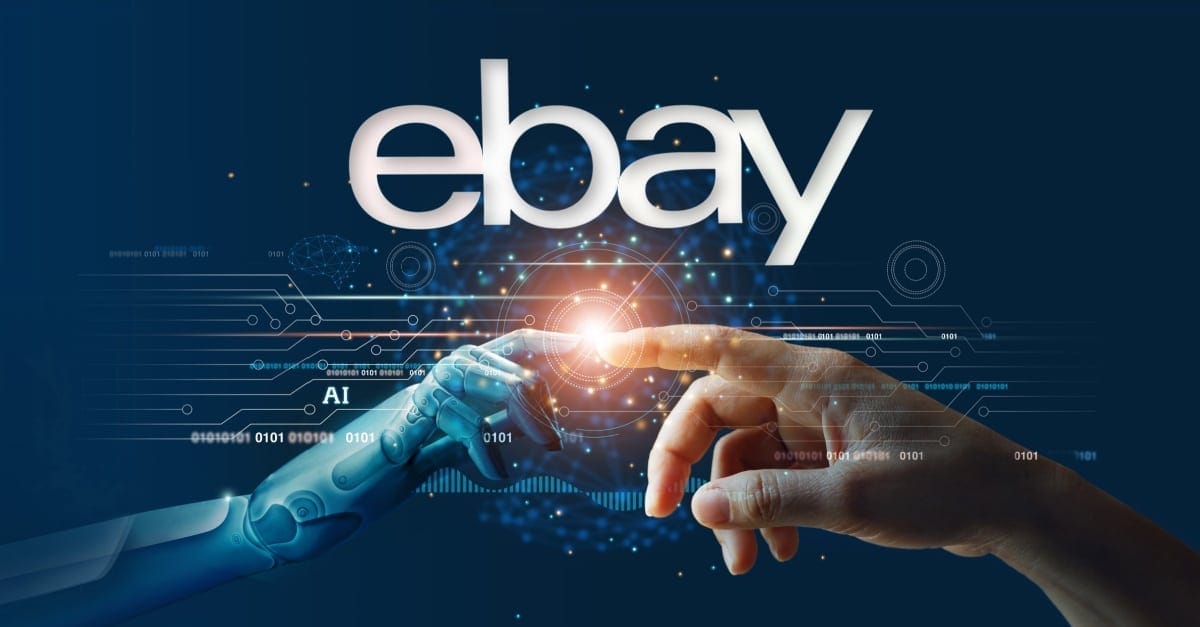
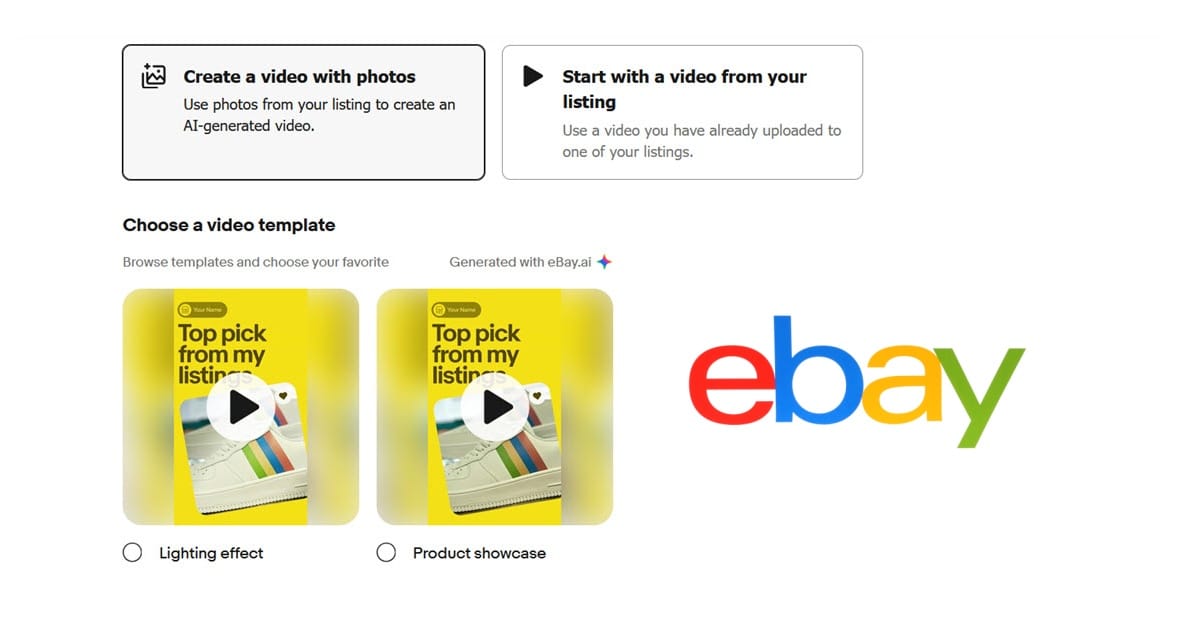














eBay has responded to my BBB complaint twice. The first time they told me that I deserved below standard because my shipping scans were below the threshold. However, I had to quote their own website to them saying that shipping numbers cannot lead to downgrade to Below Standard.
The second response they just said I would be restored on May 20th completely ignoring the issue at hand, admitting an issue existed, or offering any type of solution.
If this concerns you, this happened to you, or worried it may happen, please take action. In fact, take action anytime eBay is doing somethning wrong. They will change nothing if you don't say anything. If enough people speak up, they do make changes.